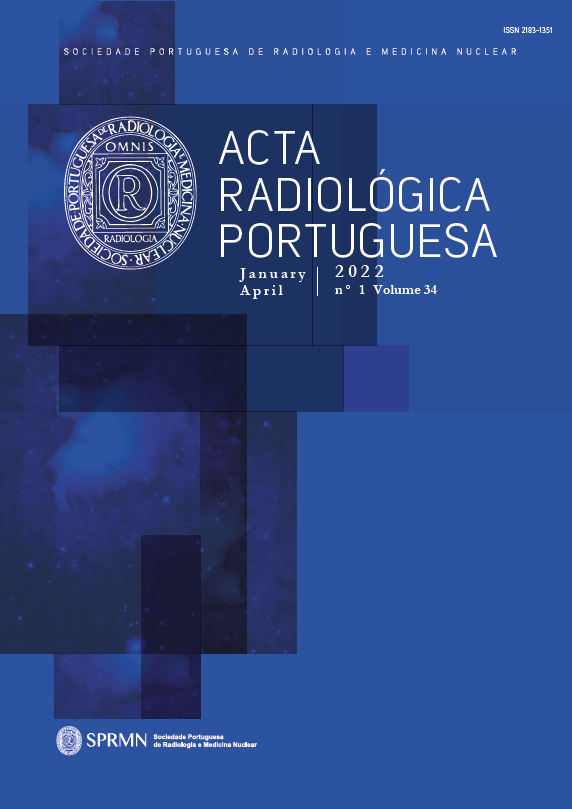Gastrite Erosiva Grave Induzida por AINES: Tratamento Endovascular Minimamente Invasivo
DOI:
https://doi.org/10.25748/arp.24568Abstract
Non-steroidal anti-inflammatory drugs (NAIDs) are one of the most used drugs worldwide and can cause potentially serious gastrointestinal complications, even when used in short-term. They are currently the main cause of peptic ulcer disease, which is responsible for the majority of upper gastrointestinal bleeding. After resuscitation measures and hemodynamical stabilization, upper gastrointestinal endoscopy is the preferred method to confirm the diagnosis and treat the haemorrhage. Endovascular embolization is frequently chosen as a second line therapy. The present work describes a case of acute hemorrhagic erosive gastritis in a young patient after high doses of NSAIDs, manifested by episodes of hematemesis and hemorrhagic shock, treated with endovascular arterial embolization with favourable outcome.
Keywords: Gastrointestinal Hemorrhage, NSAIDs, Therapeutic Embolization,
Downloads
Published
Issue
Section
License
CC BY-NC 4.0


